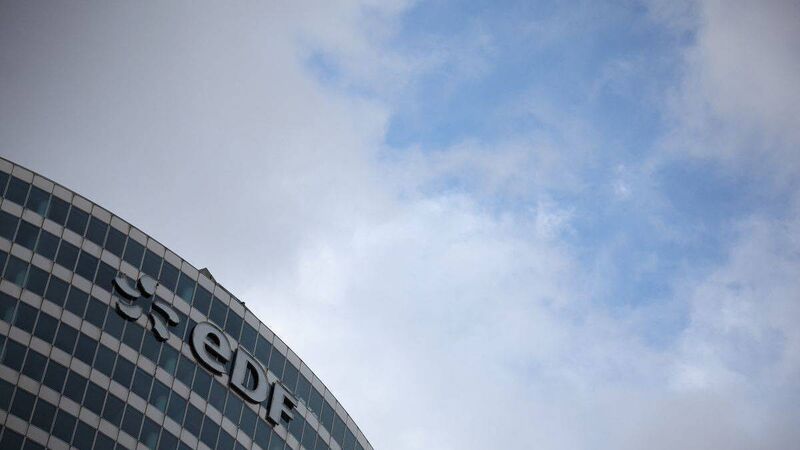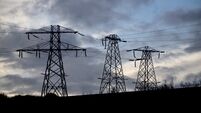France’s woes with nuclear power plants means more energy uncertainty for Europe

EDF, which is the backbone of Europe’s integrated power system, cut its nuclear output target for a third time this year, the latest sign that Europe's power crisis is worsening.
The woes facing the nuclear power stations at France's EDF — Europe's largest electricity producer — will increase the pressure on war-hit European energy markets after the summer.
EDF, which is the backbone of Europe’s integrated power system, cut its nuclear output target for a third time this year, the latest sign that Europe's power crisis is worsening.














